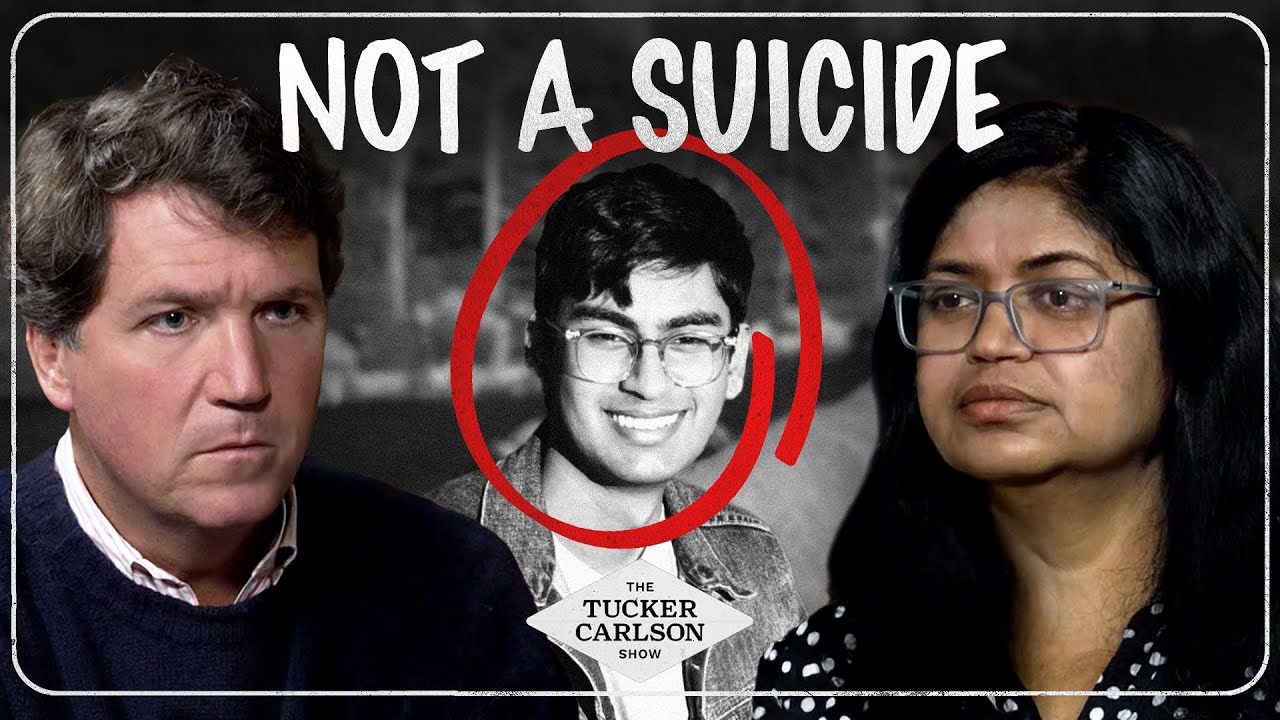In an interview, the mother of Suchir, a former OpenAI researcher who died under suspicious circumstances, expressed her belief that he was murdered rather than having taken his own life, citing inconsistencies in the official suicide ruling and evidence suggesting foul play. She is calling for a federal investigation into his death, highlighting concerns about the treatment of whistleblowers and the potential cover-ups involving powerful organizations like OpenAI.
In a recent interview, the mother of Suchir, a former OpenAI researcher who died under suspicious circumstances, shared her belief that her son was murdered rather than having taken his own life. Suchir was a highly accomplished individual, having graduated from UC Berkeley with a 4.0 GPA and contributing significantly to the development of ChatGPT. His concerns about the ethical implications of using copyrighted data in AI models led him to question OpenAI’s practices, particularly after the company transitioned to a profit-making model. Following his departure from OpenAI, he began to speak out against the company’s alleged copyright violations, which he detailed in a publication that gained media attention.
Suchir’s mother recounted the timeline leading up to his death, emphasizing that he had just returned from a camping trip with friends and was in good spirits. She described his last conversations with family members, which indicated he had concrete plans for the future and was not exhibiting signs of depression. However, just days after being named a custodian witness in a New York Times article regarding OpenAI’s practices, Suchir was found dead in his apartment. The official cause of death was ruled a suicide, but his mother strongly disputes this conclusion, citing numerous inconsistencies and evidence that suggest foul play.
The mother commissioned an independent autopsy, which revealed that the bullet wound did not penetrate Suchir’s brain, contradicting the suicide narrative. Additionally, she presented evidence from the crime scene, including blood splatter throughout the apartment and a wig found at the scene, which did not belong to her son. These findings raised serious questions about the circumstances of his death, leading her to believe that he was attacked before being shot. The lack of thorough investigation by local authorities further fueled her suspicions, as critical evidence was overlooked or ignored.
Despite reaching out to various authorities, including the police and medical examiner’s office, Suchir’s family has faced indifference and resistance in their pursuit of justice. The medical examiner’s office has maintained the suicide ruling, dismissing evidence that contradicts this conclusion. Suchir’s mother expressed frustration with the systemic corruption and cover-ups she believes are at play, particularly given the connections between OpenAI and local government officials. She is now calling for a federal investigation into her son’s death, emphasizing the need for accountability and transparency in the tech industry.
In her plea for justice, Suchir’s mother highlighted the broader implications of her son’s case, suggesting that it reflects a dangerous trend where whistleblowers are silenced to protect corporate interests. She is advocating for public awareness and support, urging Americans to rally for justice and demand a thorough investigation into the circumstances surrounding her son’s death. Her determination to uncover the truth underscores the potential risks faced by individuals who challenge powerful organizations, particularly in the rapidly evolving field of artificial intelligence.
